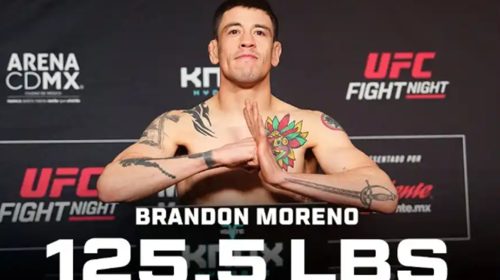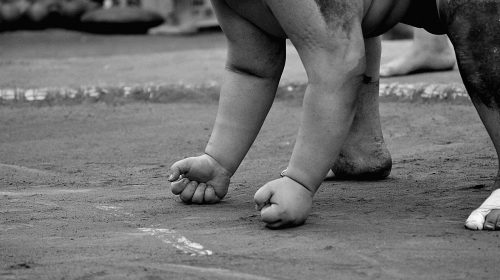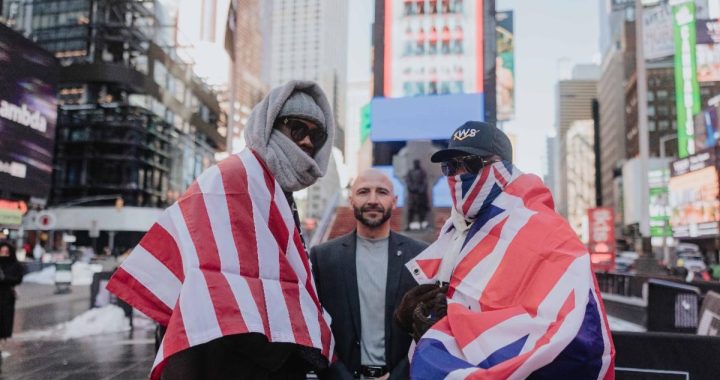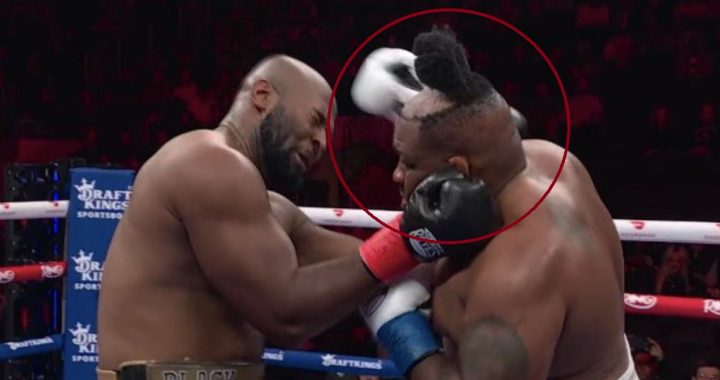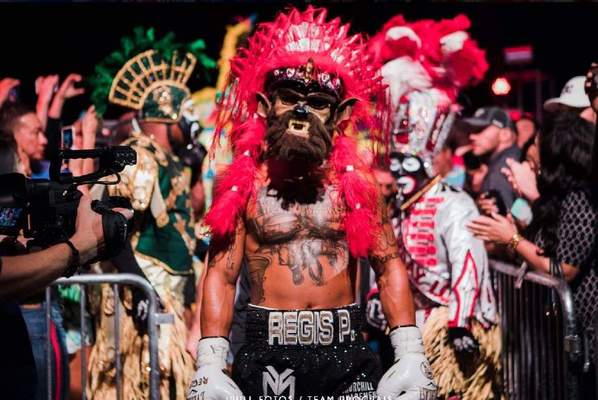
What is the Rougarou: Behind the Cultural Nickname of Regis Prograis
With Regis Prograis to the boxing ring this weekend, I feel like it’s time to talk about the story of his nickname: Rougarou. Prograis takes on Jose Zepeda on November 26th and you can get that pay per view below!
That pay per view is available on FITE.tv at the link below for $59.99 and starts at 9pm CST.
What is the Rougarou?
First I believe it pertinent to present my credentials as the combat sports world’s foremost expert on the rougarou. I am from Baton Rouge, Louisiana which is, to most of the country, the deep south. But I’m here to tell everyone that while I am southern and cook better than most of you, there are…places…south of me that don’t even speak English. It’s from these Cajun-French speaking regions of the United States that the legend of the rougarou comes from.
The tale of the rougarou is thought to come from French Canadian immigrants from hundreds of years ago. Part of what makes Louisiana so unique in comparison to the rest of the country is it’s French heritage brought to us by these French Canadians. Before the Louisiana Purchase (remember that from history class in the 2nd grade?) these french settlers came to the New Orleans region in the mid 1700’s. With them they brought their distinct architecture, food, and their stories. That’s where the loup-garou comes from. Of course through the oral story telling of the early days changed the pronunciation at some point to rougarou.

In Cajun culture, the rougarou is a wolf-like creature that prowls the swamps and sugar cane fields of Louisiana looking for blood. It’s appearance is similar to that of a werewolf that we all know with the body of a human but the head of a wolf. There are many variations to what the rougarou is and how it’s stories are told.
Like a evil, sadistic Santa Clause, the rougarou story was told by young Cajuns’ grandparents and parents to get the child to behave. If they did not, they wouldn’t get coal in their stocking, they’d just get eaten.
With the French heritage of Cajun Louisiana, Catholicism is a major factor in the shaping of Cajun culture. This bleeds into the folklore of the region as well. Another such story of the rougarou is that if a Catholic does not follow the rules of Lent, they will be hunted down and kill them. If the perpetrator survives for seven years in a row somehow, they become the rougarou.
The rougarou is also that of witchcraft. Witches can turn anyone into a rougarou but the witch herself needs to become a werewolf/rougarou herself. It’s then that the afflicted will be under the spell for 101 days. The only way to get rid of the curse during the 101 days is to draw the blood of another human, transferring the curse to someone else. When the person is returned to his or her normal self, they are sick but will not tell the story of what happened otherwise they will be killed by the witch.
Now, as with all folklore, these are only a couple variations of the tale of the rougarou. But it’s significance remains to this day. Regis Prograis, a boxer from New Orleans, prime rougarou country, uses it as a nickname. His fighting style embodies that name: ferocious. Don’t miss out on the rougarou taking on Jose Zepeda this weekend live on FITE.tv!



